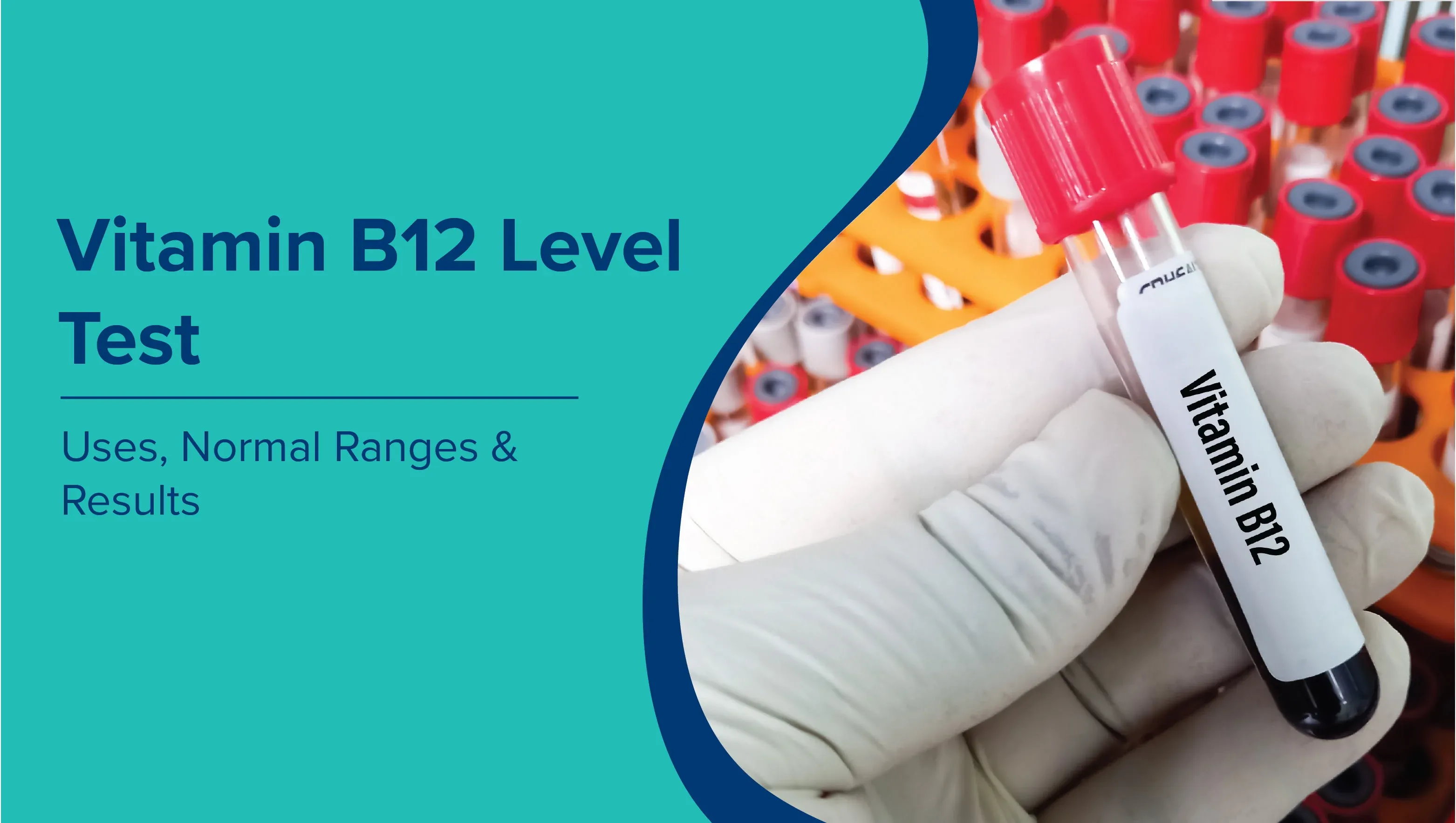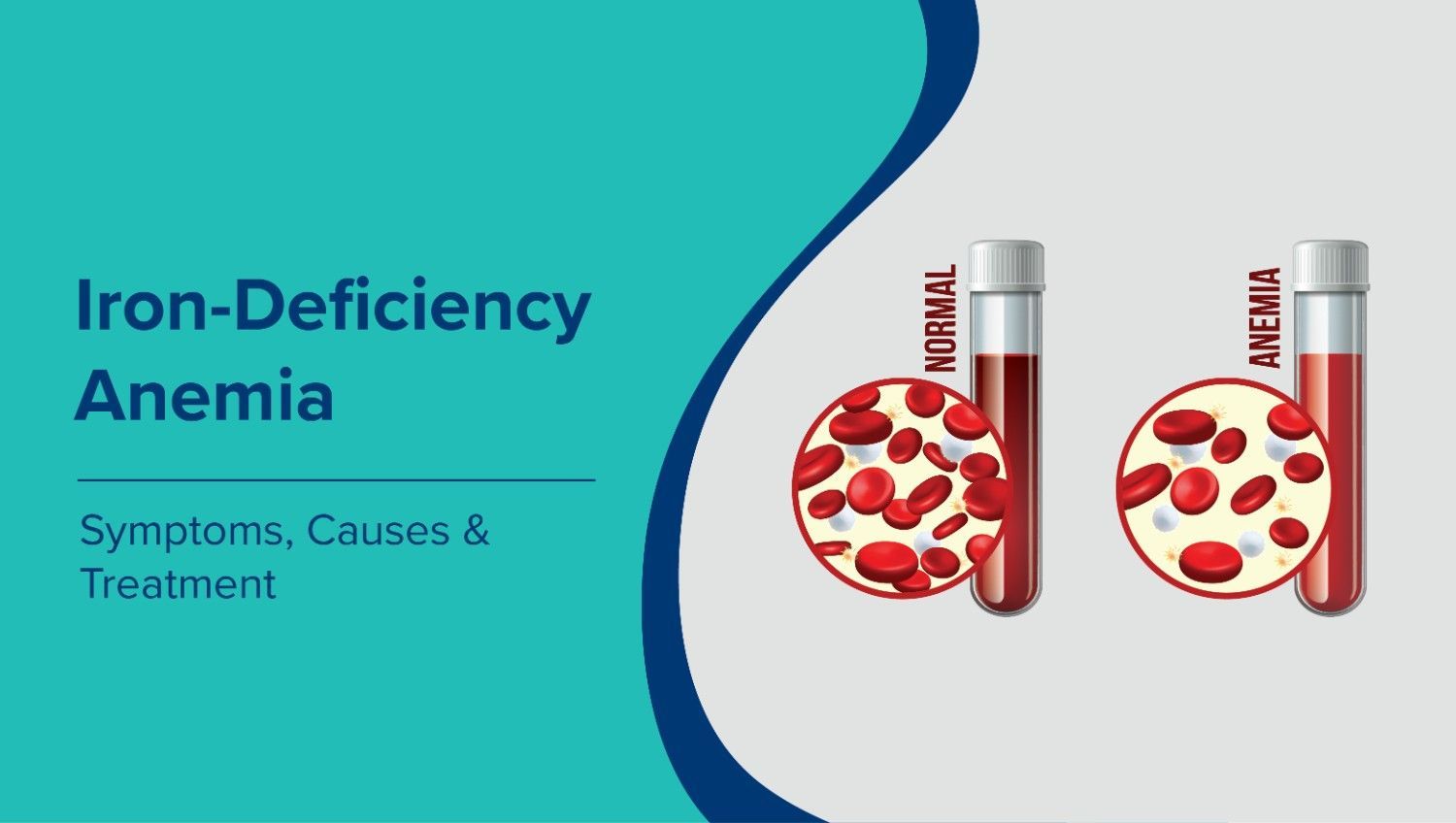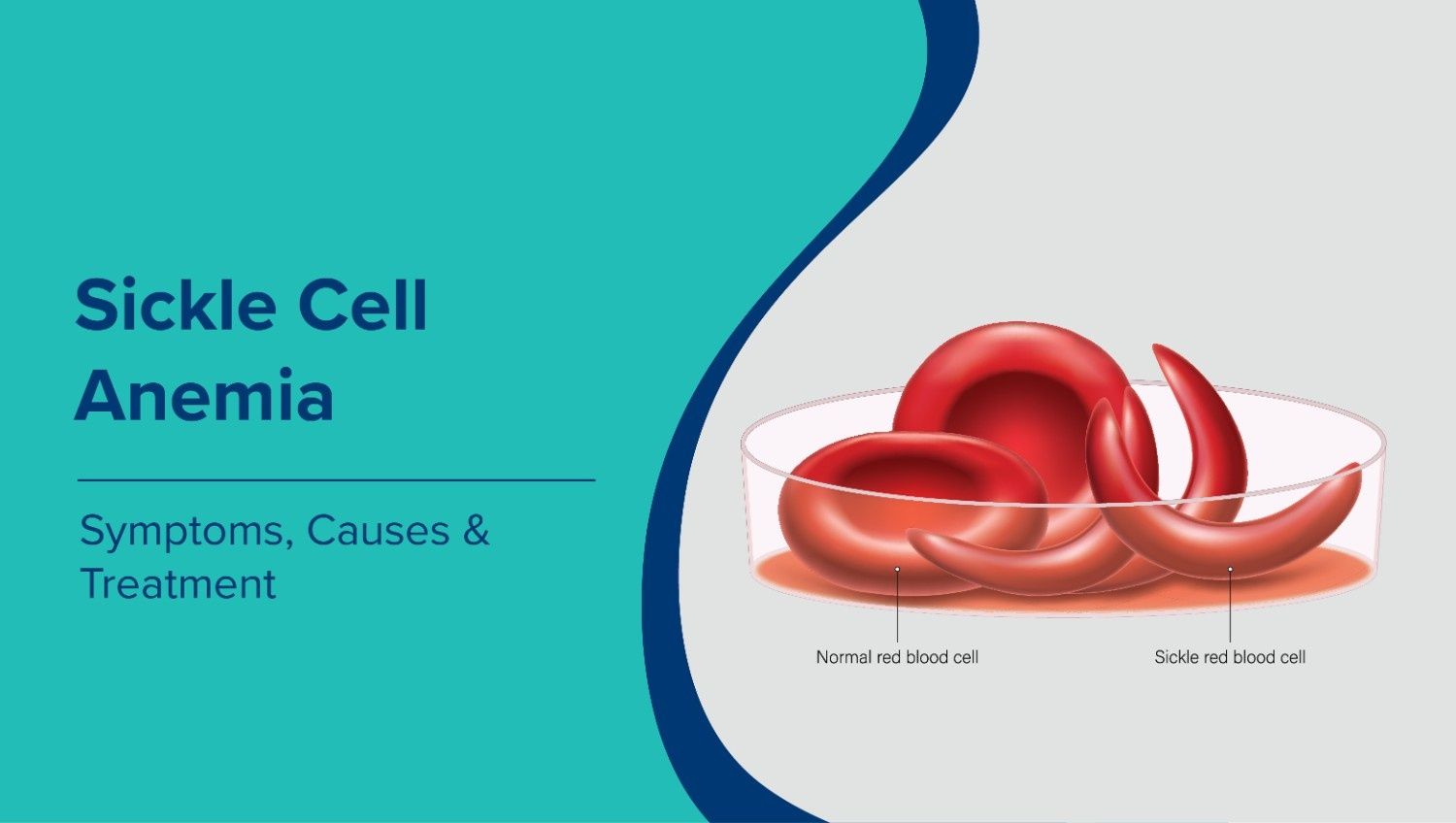Vitamin B12, also known as cobalamin, is a vital nutrient that plays an essential role in various bodily functions including red blood cell formation, nerve function, and DNA synthesis. Because the human body cannot produce vitamin B12, it must be obtained from diet or supplements. The Vitamin B12 level test is a blood test that measures the amount of vitamin B12 circulating in the bloodstream. This test is crucial for diagnosing vitamin B12 deficiencies or excess levels, which can impact health significantly.
What Is the Vitamin B12 Level Test?
The vitamin B12 level test is a simple blood test used to determine whether your body has adequate vitamin B12. It is commonly ordered when symptoms such as fatigue, weakness, neurological changes (e.g., numbness or tingling), or anemia are present. It can also be a routine screening tool in older adults, pregnant women, vegetarians, or individuals with medical conditions that interfere with vitamin B12 absorption.
Why Is the Vitamin B12 Test Important?
Vitamin B12 is essential for:
- Production of healthy red blood cells to prevent anemia.
- Maintaining healthy nerve cells and preventing neurological problems.
- Supporting DNA synthesis and cellular metabolism.
- Preventing neuropsychiatric symptoms such as memory loss or mood changes.
Deficiency or excess of B12 can both have health consequences, so measuring levels helps guide diagnosis and treatment.
When Is the Vitamin B12 Level Test Recommended?
A healthcare provider may recommend a vitamin B12 test if you experience:
- Unexplained fatigue or weakness
- Pale or jaundiced skin indicating anemia
- Neurological symptoms like numbness, tingling in the hands and feet, balance problems, or memory issues
- A diet low in animal-based foods such as strict vegetarianism or veganism
- Gastrointestinal conditions affecting absorption (e.g., pernicious anemia, Crohn’s disease, celiac disease)
- After certain surgeries like gastric bypass
- During pregnancy, to monitor maternal B12 status
- To evaluate causes of anemia
- Monitoring therapy for known B12 deficiency
How Is the Vitamin B12 Test Done?
The test is done by drawing a blood sample, usually from a vein in your arm. No special preparation such as fasting is generally required unless otherwise advised. The sample is sent to a laboratory where vitamin B12 concentration is measured using immunoassays or similar methods.
Normal Vitamin B12 Ranges
Normal laboratory reference ranges can vary slightly depending on the lab and testing method, but typical values for vitamin B12 levels in adults are:
|
Interpretation |
Vitamin B12 Level (picograms per milliliter, pg/mL) |
|
Deficient |
Less than 200 pg/mL |
|
Borderline low |
200 - 300 pg/mL |
|
Normal range (Adults) |
200 - 900 pg/mL |
|
Optimal range |
Approximately 400 - 600 pg/mL |
|
High |
Above 900 pg/mL |
For females, normal B12 levels usually fall within this range, though individual labs may provide slightly different cutoffs based on population data.
Levels below 200 pg/mL generally indicate vitamin B12 deficiency and may prompt further testing or treatment. Values between 200 and 300 pg/mL are considered borderline and may require confirmatory tests such as methylmalonic acid (MMA) levels to evaluate functional deficiency.
Causes of Low Vitamin B12 Levels
Vitamin B12 deficiency can arise from various causes, including:
- Dietary insufficiency: Especially in vegans or strict vegetarians who do not consume animal products.
- Malabsorption disorders: Conditions such as pernicious anemia (autoimmune destruction of intrinsic factor), celiac disease, Crohn’s disease, or bacterial overgrowth.
- Gastrointestinal surgeries: Like gastric bypass or resection reducing B12 absorption sites.
- Certain medications: Metformin, proton pump inhibitors, or others impair absorption.
- Increased need: Pregnancy, lactation, or certain blood disorders.
Causes of High Vitamin B12 Levels
Elevated vitamin B12 levels, while less common, can signal serious underlying conditions. Causes of high vitamin B12 include:
- Liver diseases: Such as cirrhosis or hepatitis, which can release stored B12 into the bloodstream.
- Kidney disease: Impaired clearance can elevate levels.
- Certain cancers: Especially blood cancers like leukemia, lymphoma, or myeloproliferative disorders.
- Excessive supplementation: Taking high doses of vitamin B12 supplements or injections.
- Other conditions: Some metabolic or inflammatory disorders.
Because high B12 is not usually harmful itself, but may indicate serious disease, it requires careful clinical evaluation.
Understanding Your Test Results
- Low vitamin B12: May present with anemia symptoms (pale skin, fatigue) or neurological symptoms (numbness, balance issues, cognitive problems). Immediate treatment usually involves supplementation, either orally or by injection.
- Normal vitamin B12: Suggests no deficiency, but borderline levels may still need monitoring depending on symptoms.
- High vitamin B12: Not typical from diet alone and warrants further investigation to rule out liver or blood disorders.
Vitamin B12 Levels in Females
Normal vitamin B12 levels in females are generally the same as in males, typically ranging from 200 to 900 pg/mL, but reproductive factors can influence levels:
- Pregnancy: Vitamin B12 levels may decrease due to increased demand, so regular monitoring is important.
- Menstruation and lactation: Additional nutrient demands can influence B12 status.
- It is critical for females planning pregnancy or who are pregnant to ensure adequate B12 levels, as deficiency can affect the developing fetus.
Symptoms of Vitamin B12 Deficiency
Vitamin B12 deficiency symptoms often develop gradually and can affect multiple body systems. Common signs include:
- Fatigue, weakness, and lightheadedness due to anemia from impaired red blood cell production.
- Pale or jaundiced skin caused by deficient oxygen delivery or hemolysis.
- Neurological symptoms: numbness or tingling sensations (paresthesia) in the hands and feet, muscle weakness, poor balance or coordination, difficulty walking, and sometimes memory loss or cognitive decline.
- Psychological changes: depression, irritability, confusion, or mood swings.
- Glossitis: a smooth, inflamed, and sometimes painful tongue.
- Other symptoms: shortness of breath, heart palpitations, headaches, digestive issues such as nausea or diarrhea, loss of appetite, and mouth ulcers.
Early recognition is crucial because prolonged deficiency can lead to irreversible neurological damage.
Preparing for the Vitamin B12 Test
-
Fasting: Your doctor may ask you to fast (not eat or drink anything except water) for about 6 to 8 hours before the test. Fasting helps avoid food-induced fluctuations in B12 levels for more accurate results, though some labs may not require fasting.
-
Medication and Supplement Disclosure: Inform your healthcare provider about any medications, vitamin supplements, or injections you are taking, especially those with vitamin B12 or medications that may affect B12 levels (such as metformin, proton pump inhibitors, colchicine, phenytoin, neomycin, or para-aminosalicylic acid). Some drugs can falsely elevate or lower test results.
-
Hydration: Drink plenty of water before the blood draw to ease vein access.
-
Timing: Testing is often scheduled in the morning following overnight fasting.
-
No major restrictions: You can typically continue regular activities before and after the blood sample collection.
-
Blood Draw Procedure: A small blood sample is drawn from a vein in your arm using sterile technique; the process usually takes 5-10 minutes and may cause mild discomfort or bruising at the site.
Possible Follow-Up Tests After Vitamin B12 Test
If your vitamin B12 levels are borderline or low, additional tests may be recommended to clarify your status:
-
Methylmalonic Acid (MMA) Test: Elevated MMA levels in blood or urine suggest functional B12 deficiency even if serum B12 is borderline normal. MMA accumulates when B12-dependent metabolism is impaired.
-
Homocysteine Test: High blood homocysteine can also indicate low functional B12 (or folate) and risk of cardiovascular issues.
-
Intrinsic Factor Antibody Test: Checks for pernicious anemia by detecting antibodies that interfere with B12 absorption.
-
Complete Blood Count (CBC): Can evaluate for anemia associated with B12 deficiency (megaloblastic anemia).
-
Holotranscobalamin (Active B12): Measures the biologically active portion of vitamin B12 for a more sensitive assessment.
-
Additional Nutrient Tests: Folate, iron, and other related nutrients may be tested if deficiency symptoms or anemia are present.
These follow-up tests help confirm B12 deficiency, determine the underlying cause, and guide appropriate treatment.
How to Interpret Borderline Vitamin B12 Results
-
Borderline or low-normal range (200–300 pg/mL): This range requires careful clinical correlation. Some people may have normal function, but others could have early or mild deficiency.
-
Symptoms: If you experience symptoms like fatigue, numbness, cognitive changes, or anemia, borderline results generally warrant further testing such as MMA and homocysteine to detect functional deficiency.
-
Risk factors: Individuals with risk factors like vegan diet, gastrointestinal disorders, or certain medications are more likely to require treatment or monitoring even with borderline levels.
-
Treatment Decision: Doctors may start supplementation or closer observation based on symptoms and follow-up test results.
-
Repeat Testing: If initially borderline, your doctor may recommend retesting after a period of lifestyle change or supplementation to confirm improvement.
Treatment of Vitamin B12 Deficiency
Treatment of vitamin B12 deficiency depends on the severity, cause, and presence of symptoms:
- Vitamin B12 Injections: The most common treatment, especially for severe deficiency or neurological symptoms, involves intramuscular injections of hydroxocobalamin or cyanocobalamin. Usually, injections are given every other day for 2 weeks or until symptoms improve, then maintenance injections every 2-3 months might be required if absorption issues persist.
- Oral Supplementation: High-dose oral vitamin B12 tablets (1-2 mg daily) can be effective, particularly in mild or dietary causes of deficiency without absorption issues. Oral therapy is convenient but may be less effective for some patients with malabsorption.
- Dietary Adjustments: Increasing intake of B12-rich foods (meat, fish, dairy, eggs) or fortified products is important, especially for vegetarians or vegans. Lifelong supplementation may be required in cases like pernicious anemia or after gastrointestinal surgeries.
- Monitoring: Follow-up blood tests are recommended to ensure rising vitamin B12 levels and improvement of symptoms. Neurological symptoms may take weeks to months to resolve, while hematological responses occur more rapidly.
- Addressing Underlying Causes: If the deficiency is due to other health issues (e.g., pernicious anemia, Crohn’s disease), managing those conditions is essential for effective treatment.
What to Do Next After Your Vitamin B12 Test
- Discuss the test results with your healthcare provider promptly.
- If levels are low or borderline, additional tests such as methylmalonic acid (MMA) or homocysteine might be recommended to confirm functional deficiency.
- If deficient, follow the prescribed treatment carefully, including injections or supplements.
- For elevated B12 levels, further evaluation to rule out liver disease, kidney disease, or hematological disorders may be needed.
- Keep track of symptoms and report any new or worsening neurological signs.
- Retesting may be scheduled after treatment initiation, typically after a few weeks to months, to confirm improvement.
When to Retest?
If you have low or borderline vitamin B12, your doctor may recommend retesting after treatment to ensure levels return to normal and symptoms improve. For people with chronic health conditions affecting absorption, regular monitoring is advised.
Summary
The Vitamin B12 level test is a valuable tool for assessing a critical nutrient essential for blood and nerve health. Normal levels in females and adults typically range from 200 to 900 pg/mL, with 400–600 pg/mL considered optimal. Low levels can cause anemia, neurological symptoms, and other health problems and require timely treatment. Elevated levels may be rare but can indicate serious conditions such as liver disease or blood cancers, needing further evaluation.
If you experience unexplained fatigue, neurological symptoms, or have risk factors such as dietary limitations or gastrointestinal disorders, discuss vitamin B12 testing with your healthcare provider. Early diagnosis and treatment of abnormalities can prevent severe complications and promote overall well-being.















